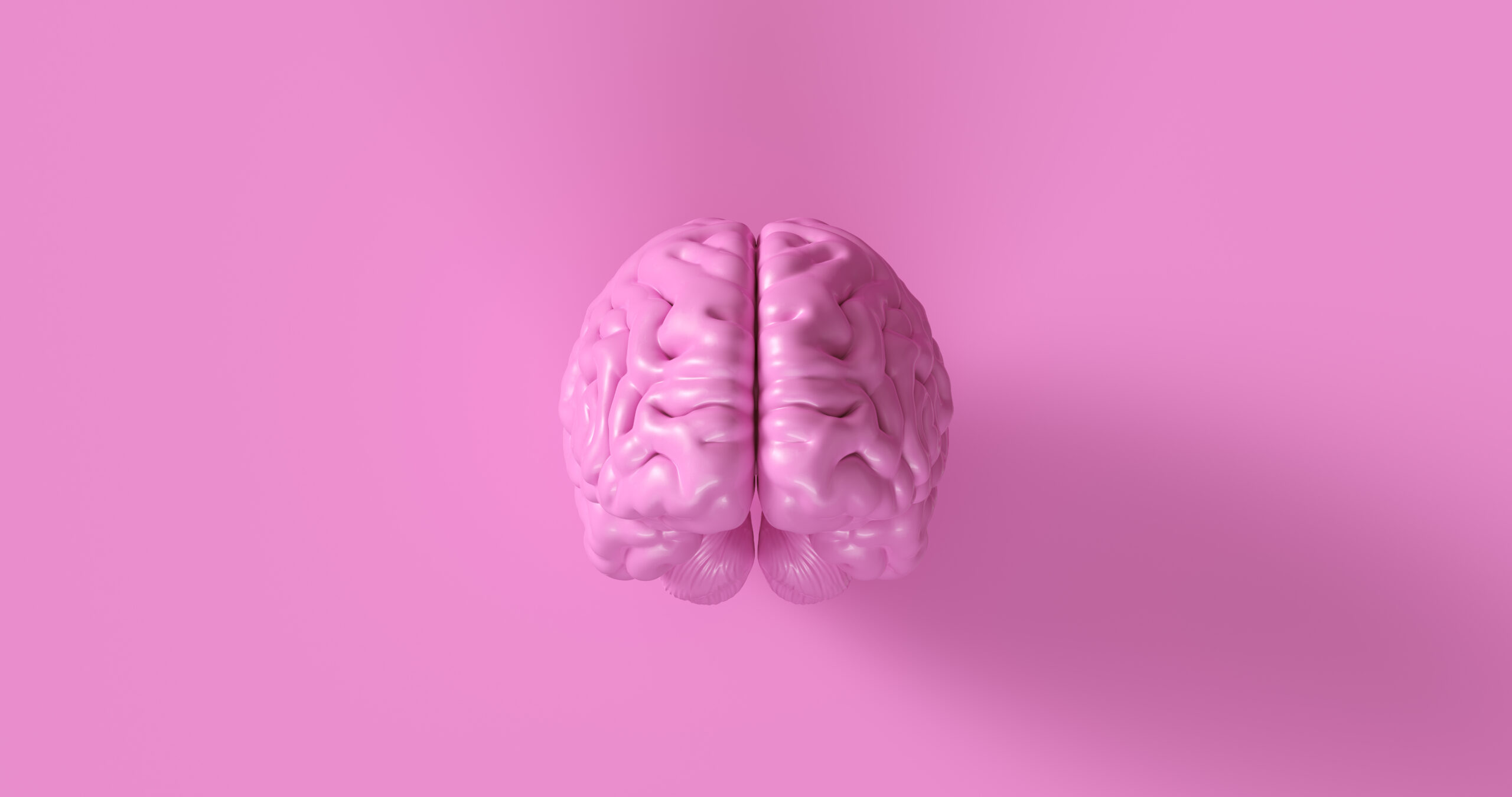music therapy benefits for dementia patients
**The Power of Music Therapy for Dementia Patients**
Music has long been known for its ability to evoke emotions and memories. For people with dementia, music therapy can be a powerful tool to improve their quality of life. In this article, we will explore the benefits of music therapy for dementia patients and how it can make a significant difference in their care.
### Reducing Anxiety and Agitation
One of the most significant benefits of music therapy for dementia patients is its ability to reduce anxiety and agitation. Studies have shown that personalized music therapy can immediately ease anxiety and agitation in people with advanced dementia. This is because music has a calming effect on the autonomic nervous system, which regulates stress responses. By reducing anxiety, music therapy can help create a more peaceful environment for patients, making it easier for caregivers to provide effective care.
### Enhancing Memory and Mood
Music therapy also enhances memory and mood. For individuals with dementia, memories from their youth are often more vivid and accessible. Songs from when a person was between 10 and 30 years old are particularly effective at triggering these memories. This can lead to improved mood and engagement, as patients are able to recall positive experiences from their past. Additionally, the act of singing or playing simple instruments can stimulate cognitive functions and improve mental acuity.
### Improving Quality of Life
The benefits of music therapy extend beyond just reducing anxiety and enhancing memory. It can also improve overall quality of life for dementia patients. By providing cognitive and sensory stimulation, music therapy activates networks across both sides of the brain, helping to access remaining abilities and memories. This nonverbal form of communication remains accessible regardless of cognitive impairment or musical ability, offering opportunities for social interaction with staff, carers, and fellow residents.
### Practical Implementation
For music therapy to be effective, it needs to be implemented properly. This involves training staff and involving family members in sessions. Music therapists should create personalized care plans for each patient, outlining how music should be used throughout their day. Making resources like musical instruments readily available and providing guidance on creating personalized playlists are also crucial steps. Families should be encouraged to participate in this musical approach to care, as it can reduce stress levels and improve wellbeing for both care staff and family members.
### Conclusion
Music therapy is more than just an activity; it’s a complex intervention that works through multiple mechanisms to improve outcomes for people with advanced dementia. By reducing anxiety, enhancing memory, and improving mood, music therapy can significantly enhance the quality of life for dementia patients. With proper implementation, including trained therapists, institutional support, and involvement of staff and family members, music therapy could become a standard part of dementia care, potentially reducing the need for antipsychotic medications and improving overall wellbeing.
In summary, music therapy is a valuable non-pharmacological approach that can make a significant difference in the lives of dementia patients. Its ability to tap into preserved memories and abilities, reduce distress, and improve mood makes it an essential tool in dementia care. By embracing this powerful intervention, we can provide better care and improve the lives of those affected by dementia.





